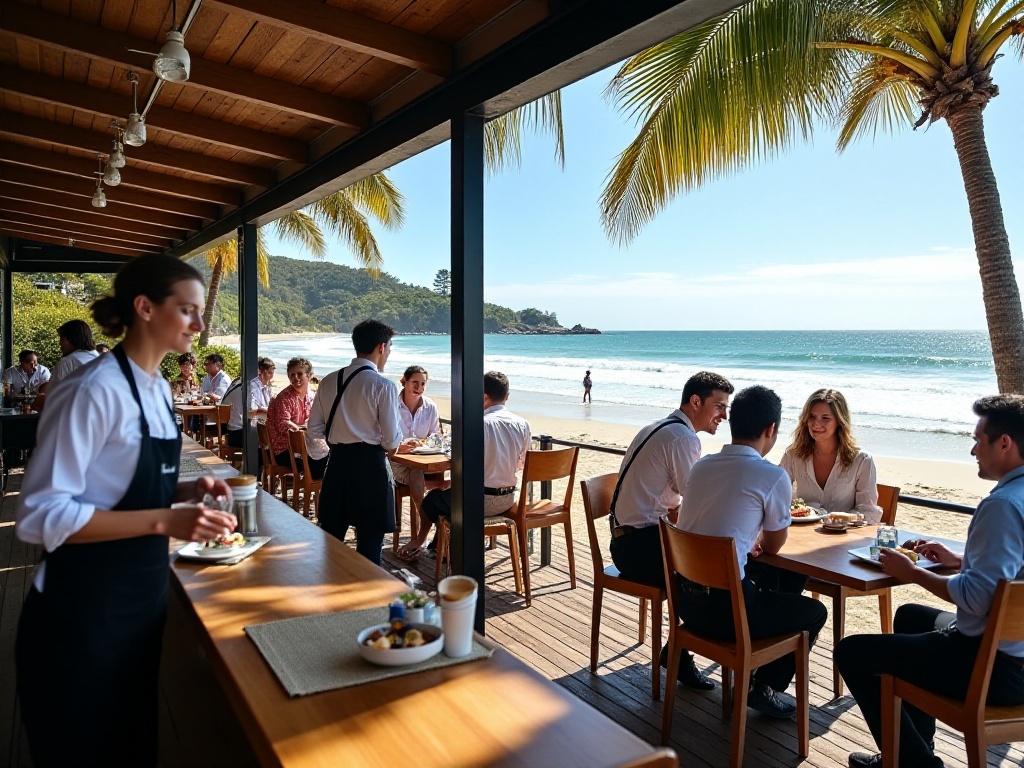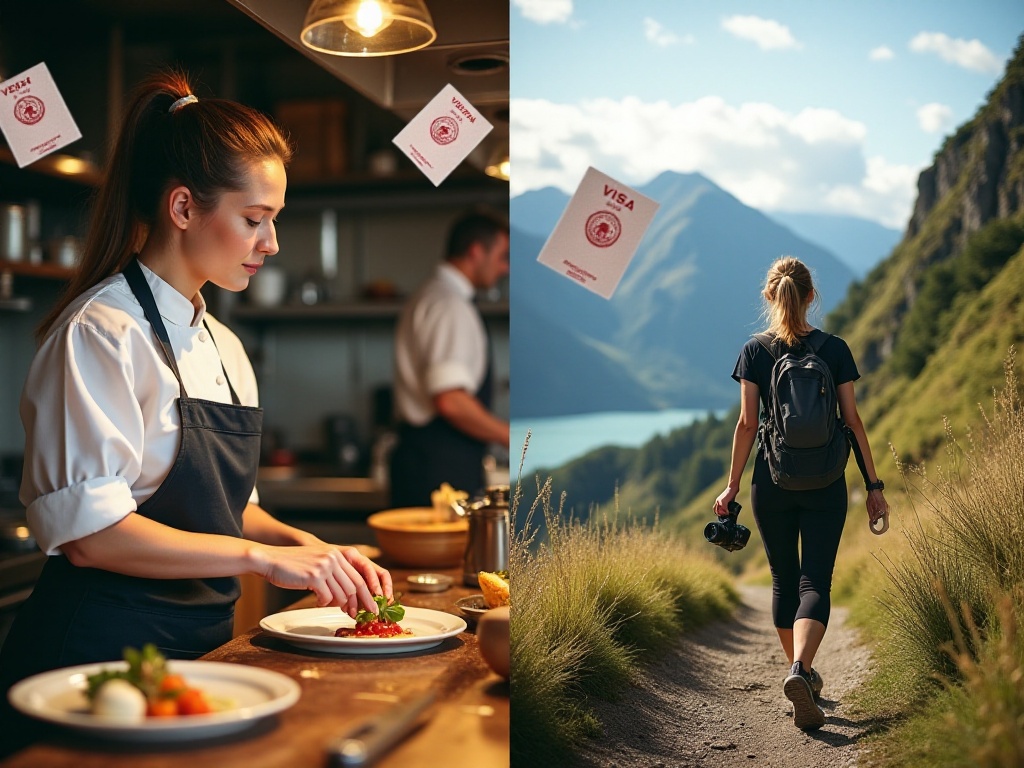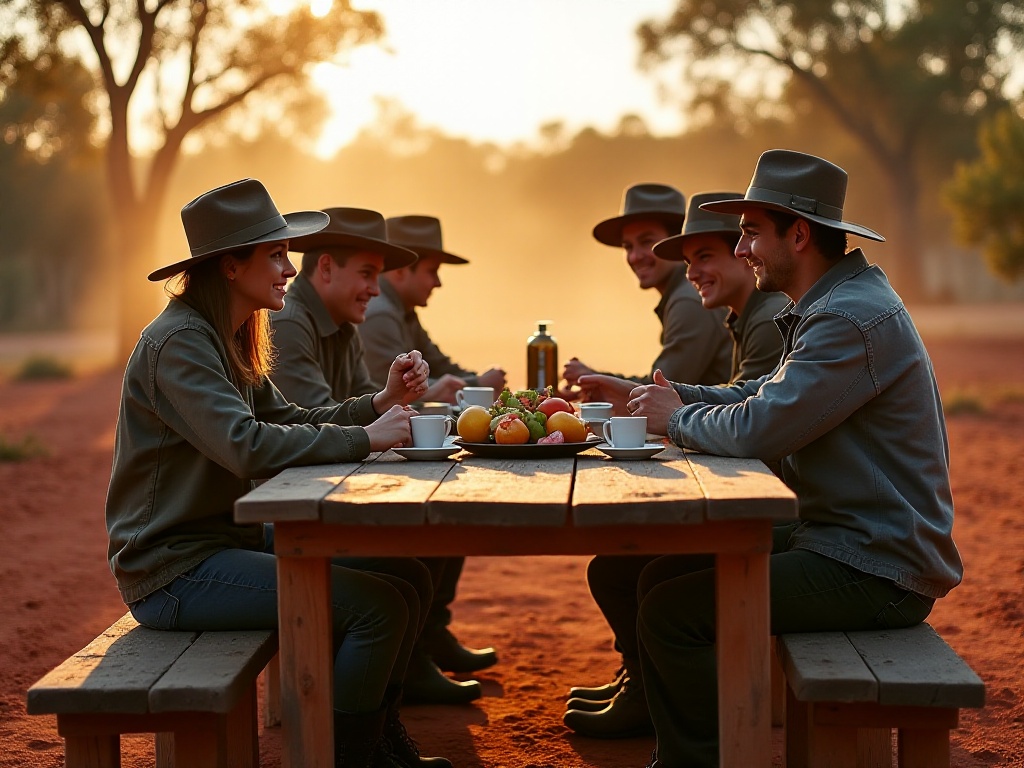
Opening Words
A few days ago, I received a private message from a friend asking about how to prepare for a working holiday in Australia. Looking at the confused words on the screen immediately reminded me of my own early days of exploration. Back then, I was also full of uncertainty and hesitation, but now as someone who has completed a year of working holiday in Australia, I think it's time to share all my experiences and insights.
To be honest, I started preparing with a "let's give it a try" attitude. I remember having just graduated, feeling lost about the future, and thinking I should see the world while I was young. After browsing countless guides and consulting many friends, I finally decided to go for a working holiday in Australia. Looking back now, this was definitely one of the best decisions I've ever made.
Basic Information
The Working Holiday Visa (WHV) is absolutely the best choice for young people to experience life in a foreign country. Its greatest charm lies in allowing you to work and travel simultaneously, which is a truly special experience. Unlike regular tourist visas where you can only briefly visit tourist spots, the working holiday visa lets you truly immerse yourself in local life.
I remember when I first arrived in Australia, although I didn't know much, this visa gave me great flexibility. I could work to save money while planning where I wanted to go. Moreover, through work, I could meet many locals and friends from around the world - an experience that simple tourism could never match.
Through this approach, you can deeply experience the Australian lifestyle. For example, I particularly loved the Australian weekend culture: surfing at the beach in the morning, having BBQs with friends in the backyard at noon, and going to pubs to listen to live music at night - these are the most authentic Australian experiences.
Application Requirements
Regarding application requirements, age is the most crucial threshold - you must be between 18-30 years old. This is really important, and I've seen several friends who regretfully missed out because of the age limit. Especially for those who just turned 30, they missed it by just a bit, but rules are rules, which is truly unfortunate. So I suggest everyone plan early and not wait until they're close to the age limit to start preparing.
Besides the age limit, proof of funds is essential. Specifically, you need to prove that you have about 5,000 AUD. This money is mainly to prove you can afford initial living expenses. However, honestly, I suggest preparing more because when you first arrive in Australia, various expenses are quite high, and finding a job also takes time.
Proof of funds can be shown through a bank statement, but note that it's better to have the money in your account for a period of time, rather than depositing it just before applying, as this looks more convincing. I deposited the money three months in advance, which felt more reliable.
Additionally, you need to be in good health and have no criminal record - these are basic requirements. Although there seem to be many conditions, they're actually not difficult for most young people to meet. The important thing is to plan ahead and take each requirement seriously.
Application Process
The application process isn't as complicated as you might imagine. First, you need to register an account on the Australian Immigration Department's website (immi.gov.au). This process is simple, but I suggest choosing a time when the internet connection is stable. I registered at night when the network was smoother.
After registering an account, you start filling out the application form. This process takes about 1-2 hours, and I suggest finding a quiet environment, having your passport and other documents ready, and filling it out slowly. The form will ask many questions, including personal information, educational background, work experience, etc. All information must be filled out truthfully because if any false information is discovered, not only will this application be rejected, but future visa applications will also be affected.
I remember the most challenging part of filling out the form was the English translation. For things like school names and majors, I suggest referring to the official English translations on your degree certificates. Address translations also need attention - it's best to use standard English address formats. If you're unsure, you can ask friends for help or seek advice on reliable study abroad forums.
After completing the application form, it's time to upload materials. Required materials include passport scans, ID photos, bank statements, etc. It's best to prepare these documents in advance and ensure they're clear. I suggest using a professional scanner to scan documents, as phone photos might not be good enough.
After uploading the materials, it's time for payment. The visa fee is 495 AUD, which can be paid online by credit card. After payment, the system will automatically generate a confirmation letter, which you should save. Then it's time to wait for approval - generally, if all materials are complete, results will come within 1-2 weeks.
My visa was approved on the third day after submission, which was really quick. However, processing times vary by person, so I suggest waiting patiently. During the waiting period, you can start preparing other things, like checking flights and finding accommodation.
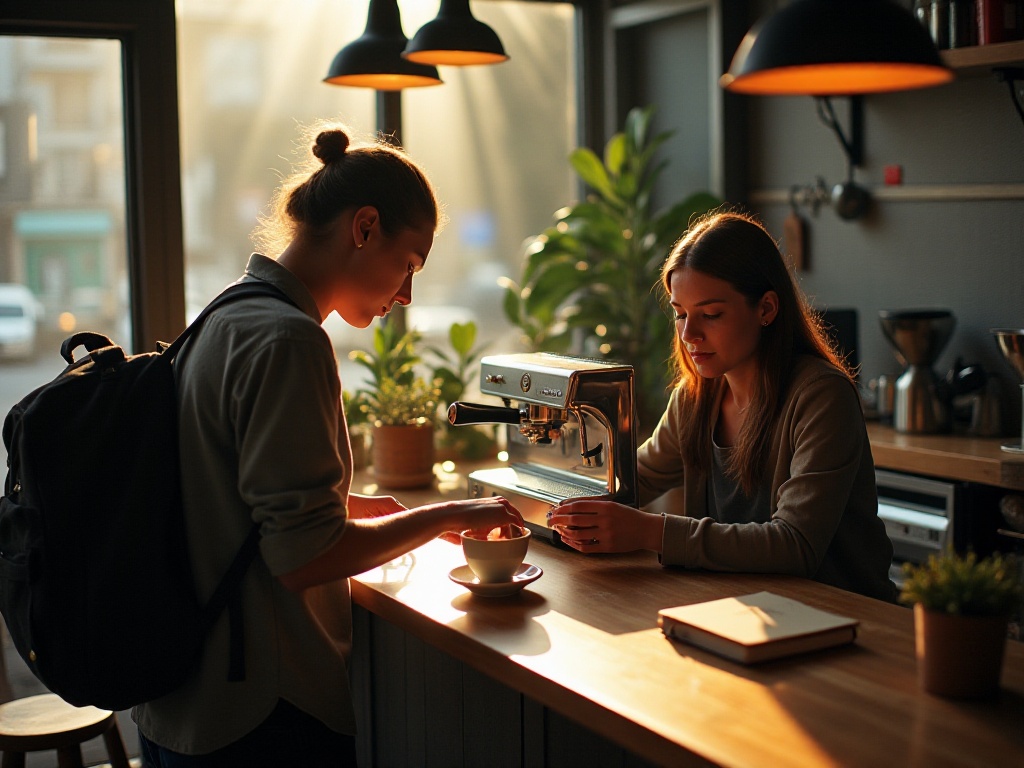
Budget Planning
Regarding costs, proper planning is indeed necessary. Besides the visa fee of 495 AUD, there are many other expenses to consider. Let me break down the costs in detail:
First is the airfare, which varies greatly depending on season and airline. I bought my ticket during the off-season, spending about 4,000 RMB round-trip. But during peak season, it might cost 6,000-8,000 RMB. I suggest starting to monitor ticket prices 3-4 months in advance and buying when there are special offers.
Insurance is mandatory - I chose a one-year comprehensive medical insurance that cost about 2,000 AUD. This might seem expensive, but insurance is really important in Australia. I had a friend who went to see a doctor for a cold, and without insurance, just the consultation fee was over 100 AUD.
Initial accommodation is also a significant expense. I initially stayed in a Melbourne hostel, costing about 30-40 AUD per night. After finding work, I shared an apartment with friends, paying 200 AUD weekly for rent plus utilities. I suggest staying in hostels when first arriving in Australia to meet people, then consider shared housing to save money.
For living expenses, in big cities, you should prepare 200-300 AUD weekly. This includes food, transportation, and daily expenses. At first, to save money, I mostly cooked for myself, spending about 100 AUD weekly on groceries. For public transport, Melbourne has weekly passes available for about 40 AUD.
So overall, I suggest preparing at least 30,000 RMB as startup funds. This includes: - Round-trip airfare: 6,000-8,000 RMB - Insurance: About 10,000 RMB - First month's accommodation: About 6,000 RMB - Living expenses reserve: About 6,000 RMB
Of course, this is just a basic budget, and having more would provide better security. Especially considering it might take some time to find work, having extra money is always good. However, don't worry too much, as wages in Australia are quite good, and once you find work, you can quickly achieve a balance between income and expenses.
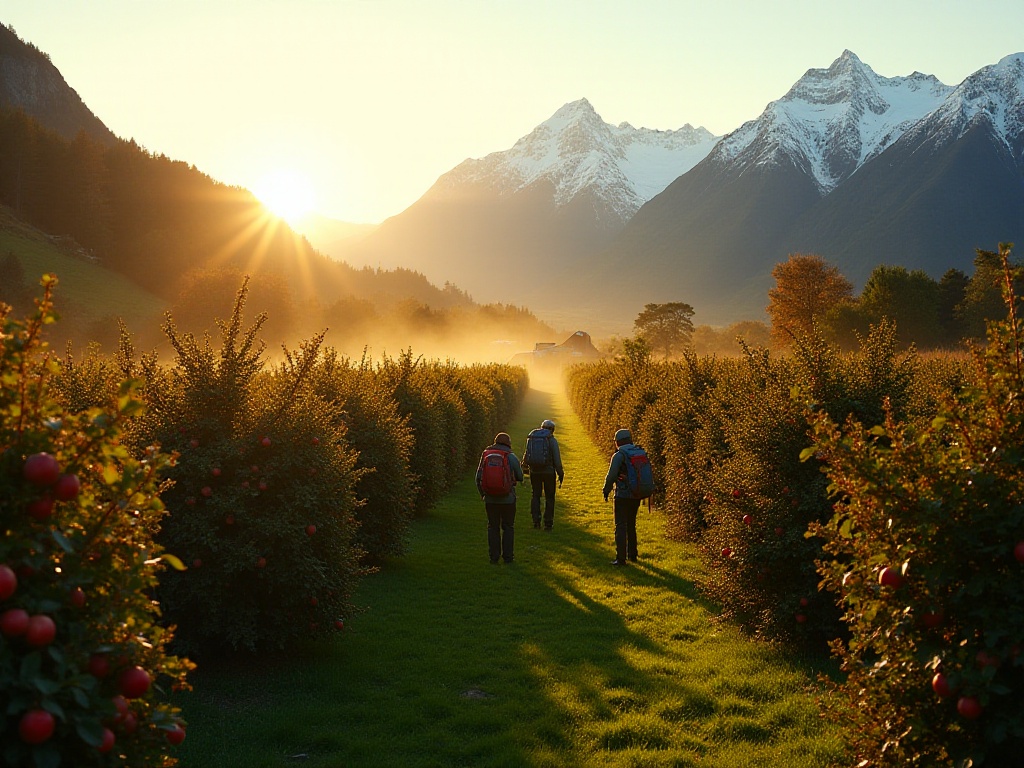
Work Opportunities
In Australia, work opportunities are really diverse. My work experience there went through different phases. When I first arrived in Melbourne, I found work as a waiter in a café. Although I had no previous experience, the boss was willing to teach newcomers, and the wages in Australia's service industry are really good. Regular weekday pay was 25 AUD per hour, and on weekends and holidays, it could go up to 30-35 AUD.
After working at the café for three months, I wanted to try something different, so I went to a farm in Victoria to pick fruit. Farm work is indeed harder, requiring early morning starts, but the scenery was beautiful and the income considerable. If you work hard enough, you can earn 200-300 AUD per day. Plus, farms usually provide accommodation, saving on rent.
Later, I worked as a waiter in a Chinese restaurant in Sydney and as a part-time sales assistant in a surf shop on the Gold Coast. Each job brought different experiences and gains. I found Australians generally very friendly - if you're willing to learn, they're happy to teach you.
There are many channels for finding work. I mainly used Gumtree and Seek websites, plus some Facebook work groups. I suggest joining some local Chinese groups after arriving in Australia, as they often have job information. However, be careful to verify authenticity and try to find work through official channels to avoid scams.
When working, take care of your documents, especially your Tax File Number (TFN) - apply for it yourself, don't let others do it for you. Also, ensure your wage meets legal minimum standards, and if you encounter wage theft, you can complain to the Fair Work Commission.
Life Experiences
During my year in Australia, I experienced so many unforgettable things. I remember during my time working on the farm, waking up at 5 AM every morning and riding with other workers in the farm vehicle to the orchards. Although the work was hard, seeing the sun rise over the endless orchards was truly breathtaking.
On weekends, our group of working holiday makers would plan activities together. Sometimes we'd have BBQs at the beach, sometimes rent cars to explore nearby towns. I remember once when we drove along the Great Ocean Road - the scenery was breathtaking. The Twelve Apostles at sunset still feels unreal when I think about it.
While working in Melbourne, I lived in a neighborhood not far from the city center. After work, I liked walking along the Yarra River, watching the passing crowds, feeling the city's vitality. On weekends, I often went to Queen Victoria Market to buy fresh fruits and vegetables - the atmosphere always reminded me of markets back home, but with a different flavor.
What touched me most was the friendliness of Australians. Once I accidentally left my wallet in a shopping cart at the supermarket. When I anxiously ran back, I found the cashier had kept it safe for me, with all the cash and cards intact. Such small things are actually common in Australia, making me deeply feel the warmth of this country.
During my time working on the farm, I met many friends from around the world. We lived in the same dormitory, worked together, cooked together. Although none of us spoke perfect English, we could chat happily. Looking back now, that pure friendship was really precious.
There were also difficult times. During my first two weeks in Australia, I worried daily about finding work. I would go out early and return late submitting resumes, often with no response. But thinking about it now, that experience taught me persistence and how to adjust my mindset. When I finally found work at a café, the joy I felt is still vivid in my memory.
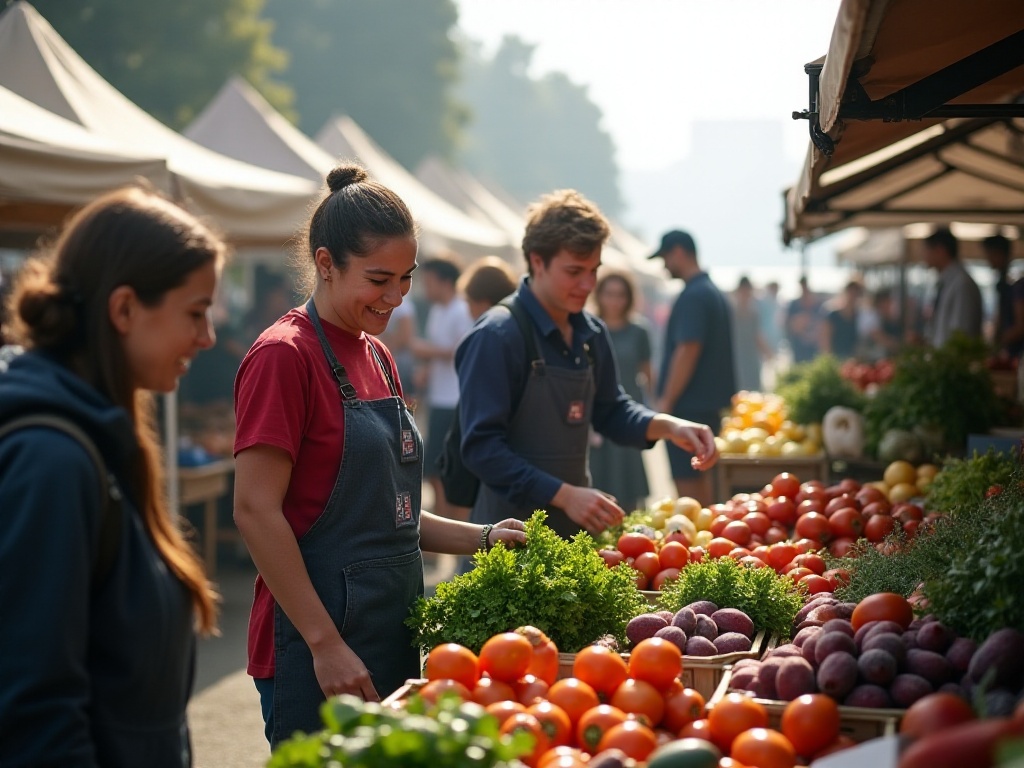
Important Notes
During the visa application process, there are many details that need special attention. First is choosing the visa type - Australian working holiday visas are divided into subclass 417 and 462. The 417 visa is mainly for applicants from certain countries, while the 462 visa is for others. Make sure to confirm which type you should apply for to avoid unnecessary trouble from applying for the wrong one.
Timing control is also important. I suggest starting to prepare application materials at least 3-6 months in advance. Some materials might take time to obtain, like the police clearance certificate. Early preparation also gives you enough time to plan your subsequent itinerary.
When preparing materials, pay special attention to authenticity. The Australian Immigration Department has strict requirements for material authenticity. If falsification is discovered, not only will this application be rejected, but future visa applications will also be affected. So ensure all provided materials are genuine and valid.
Also, after visa approval, pay attention to the validity period. Generally, you have 12 months from visa approval to enter Australia. If you miss this time, the visa will expire. So plan your entry time promptly after receiving the visa.
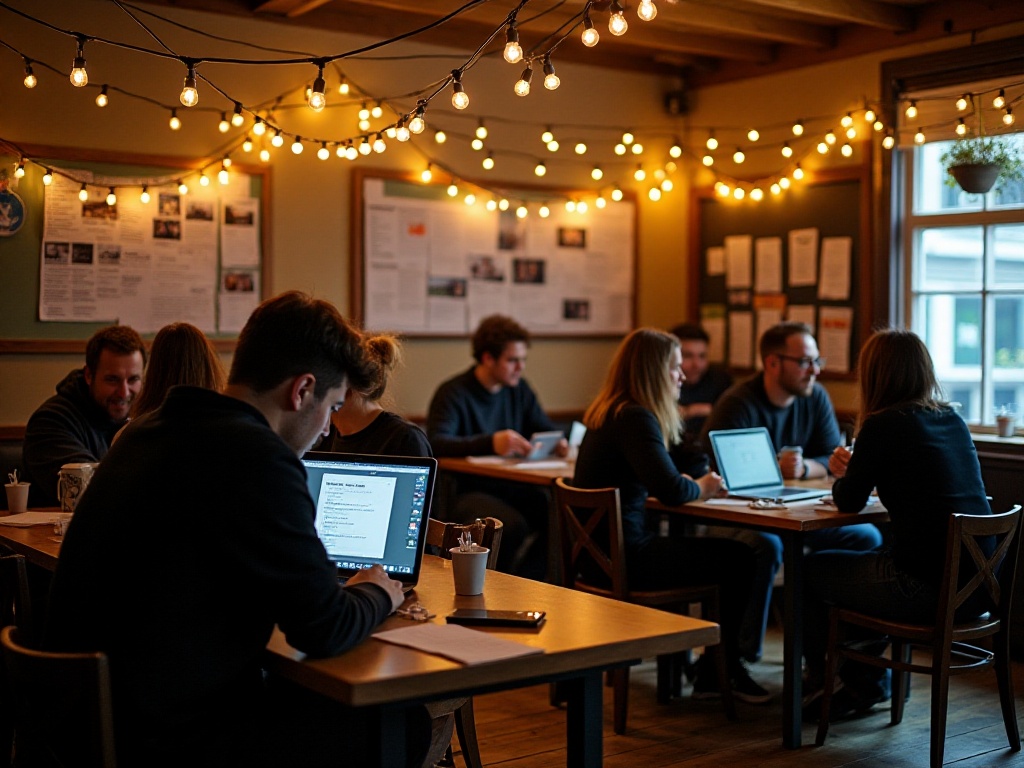
Practical Advice
Based on my experience, I want to give some advice to friends preparing for an Australian working holiday. First, English is really important. Although you don't need IELTS or TOEFL scores, good English skills will make your Australian life much easier. I suggest practicing speaking before departure, especially daily conversations and common work expressions.
I suggest first finding work in big cities when you arrive in Australia. Big cities have more job opportunities and better living facilities. After gaining some work experience and adaptability, then try farm work. This transition will be smoother.
Financial awareness is important when living in Australia. I used a phone app to track every income and expense. This not only helps better control spending but also helps with tax reporting. I suggest developing a habit of keeping accounts to better plan your finances.
For transportation, learn about local public transit systems. Melbourne and Sydney have well-developed public transport systems, and some cities offer student discounts. If planning to go somewhere far, check prices of different transport options in advance to choose the most economical way.
For accommodation, I suggest first staying in hostels when arriving in Australia. This not only saves money but helps you meet many friends. After familiarizing yourself with the environment, then consider shared housing or other accommodation options. When looking for housing, pay attention to the contract, especially lease terms and deposit regulations.
For work, try to interact with locals and develop good interpersonal relationships. Australians are generally friendly, and if you show willingness to learn, they're usually happy to teach you. Good relationships might also bring more job opportunities.
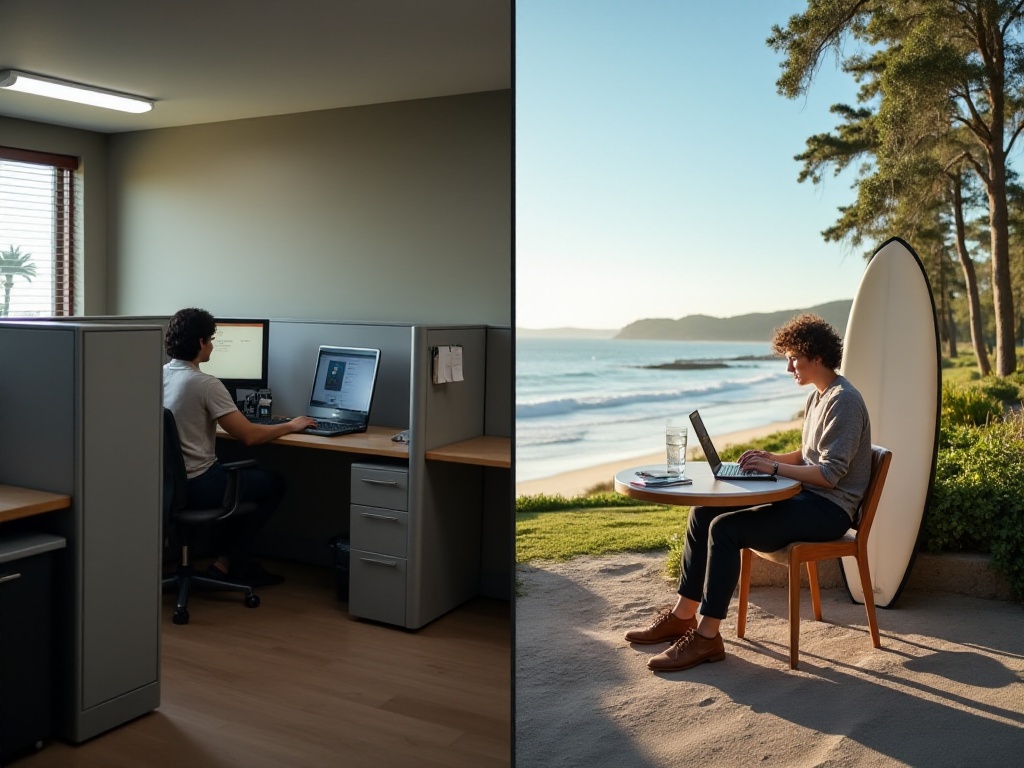
Concluding Thoughts
Looking back on this year of working holiday, I feel the biggest gain wasn't how much money I earned, but how my perspective and thinking changed dramatically. I met many friends from around the world, learned about different cultures and lifestyles - these experiences made me more independent and mature.
Life in Australia taught me that going out to see more and meeting different people and things when you're young is really important for personal growth. Although you'll encounter various difficulties and challenges along the way, it's these experiences that make us stronger.
So, if you're hesitating about whether to go for a working holiday in Australia, my advice is: take the chance while you're young. You might be scared and uncomfortable at first, but as long as you're willing to try, you'll definitely gain many unexpected surprises.
Finally, I hope these shared experiences help friends preparing for an Australian working holiday. Remember, opportunities favor the prepared - with thorough preparation, I believe you can also have a wonderful experience in Australia.
Next
The Great Resurgence: International Business Travel's Triumphant Return
In the wake of a global pandemic that brought the world to a standstill, a new chapter in international business travel is unfolding. As borders reopen and economies rebound, the corporate world is witnessing a renaissance of global mobility, driven by an insatiable appetite for face-to-face interactions and the irreplaceable value of in-person connections.
Complete Guide to New Zealand Working Holiday: How to Exchange Work for a Deep Travel Experience
A comprehensive guide to working holiday programs, covering core concepts, visa requirements, eligibility criteria, and practical applications with detailed examples from Australia and New Zealand working holiday schemes
Complete Guide to Working Holiday Visas: Travel the World While Earning Money - A First Travel Guide for Young People
A comprehensive guide to Working Holiday programs, covering visa requirements, popular destinations including Australia and New Zealand, employment opportunities, and support services for participants aged 18-30
Next

The Great Resurgence: International Business Travel's Triumphant Return
In the wake of a global pandemic that brought the world to a standstill, a new chapter in international business travel is unfolding. As borders reopen and economies rebound, the corporate world is witnessing a renaissance of global mobility, driven by an insatiable appetite for face-to-face interactions and the irreplaceable value of in-person connections.
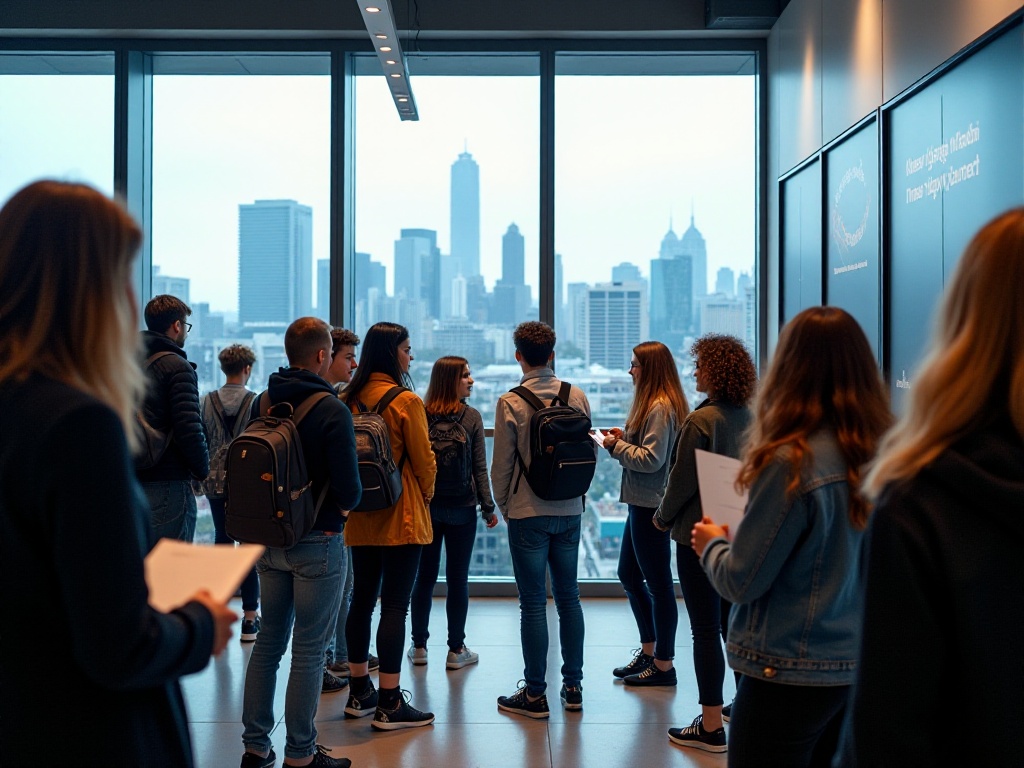
Complete Guide to New Zealand Working Holiday: How to Exchange Work for a Deep Travel Experience
A comprehensive guide to working holiday programs, covering core concepts, visa requirements, eligibility criteria, and practical applications with detailed examples from Australia and New Zealand working holiday schemes
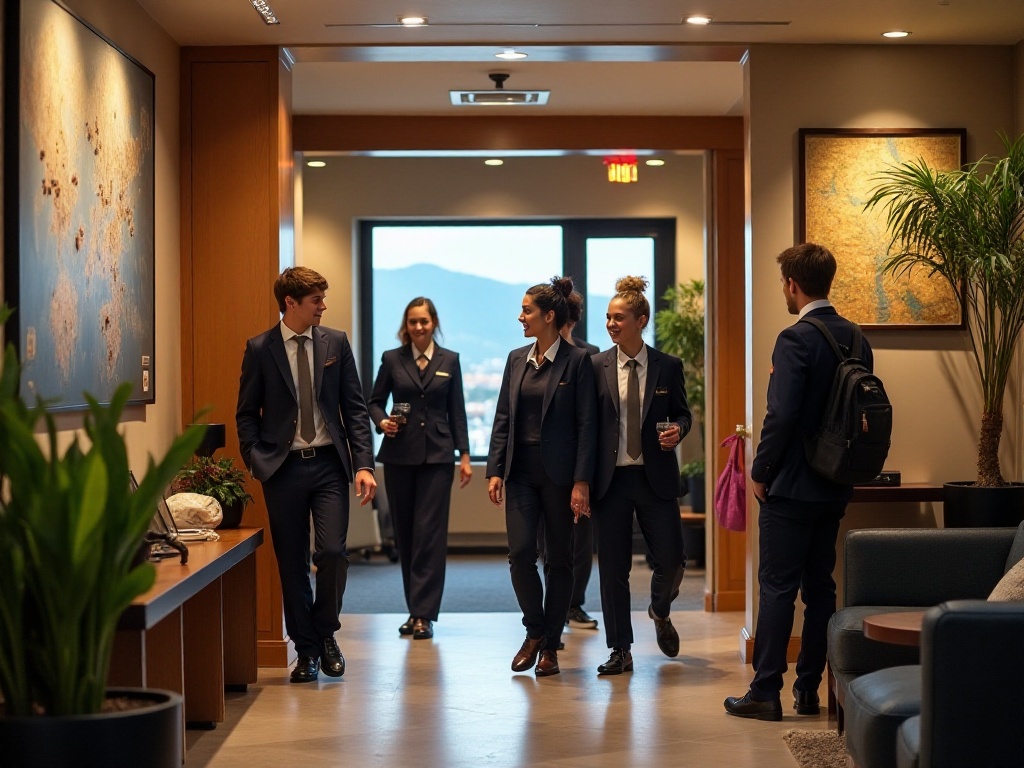
Complete Guide to Working Holiday Visas: Travel the World While Earning Money - A First Travel Guide for Young People
A comprehensive guide to Working Holiday programs, covering visa requirements, popular destinations including Australia and New Zealand, employment opportunities, and support services for participants aged 18-30

